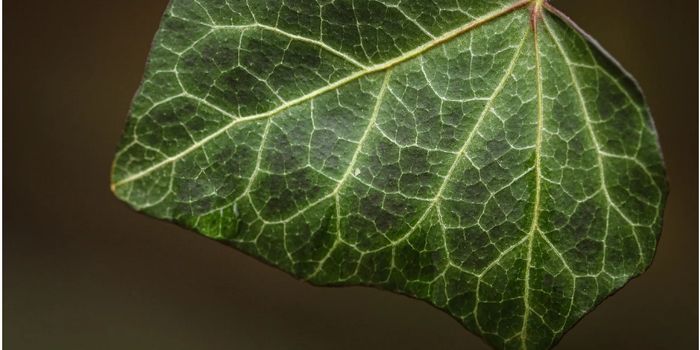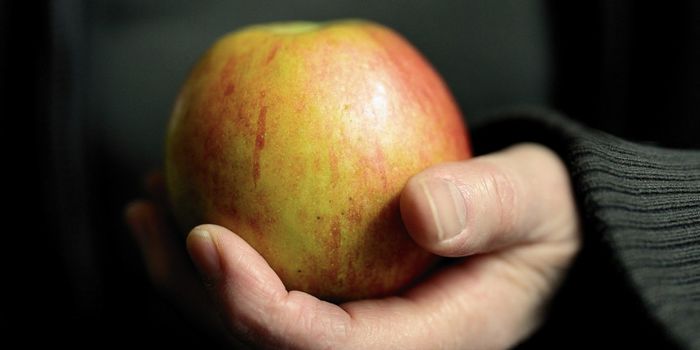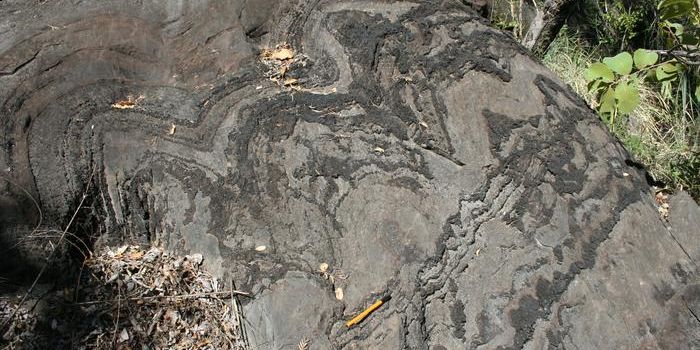Scientists Finally Know Why Deep-Water Corals Glow in the Dark
There are all kinds of corals in our seas; those that exist at shallower depths are known to sometimes glow because of special proteins inside of their tissues that help act as a sunblock to prevent the Sun’s harmful ultraviolet rays from otherwise destroying the coral.
On the other hand, corals deeper below the surface of the ocean where the Sun doesn’t shine have less of a need for sunscreen, so the question as to why even corals residing at deeper portions of the ocean glow has gone unanswered for some time; until now, that is.
Image Credit: Prof Joerg Wiedenmann
A new study published in the journal Proceedings of the Royal Society B by researchers from the University of Southampton suggests that deeper-sea corals exhibit their eerie glowing because they absorb the small amounts of penetrating blue light and glow orange/red colored light as a result.
These glowing lights are strong enough to trigger photosynthesis in algae known as zooxanthellae, which take cover inside of crevices throughout the corals.
Related: This fish has special lips that protect it from coral stings
Now don’t get the idea that the corals are working to provide shelter and a key ingredient for photosynthesis to algae for free, because they’re not. They are helping these fellow organisms with their photosynthesis because these algae will create a byproduct that corals use as food for energy.
In other words, a mutual relationship is going on here; corals glow because they need to trigger photosynthesis in nearby algae for food to survive. If they didn’t, they wouldn’t get enough food because the algae wouldn’t be sticking around in darker places where photosynthesis otherwise wouldn’t be possible.
It’s a black and white example of how corals have adapted to survive in an extreme environment and is a testament to evolution.
The researchers go on to explain that perhaps there is something we can learn from this process. Since coral reefs in shallower waters are on a major decline around the world, it might be possible to advantageously use these natural mutual relationships to help sustain coral reef populations before they all die out.
Related: Growing coral: a restoration project
Unfortunately, however, simply relocating the shallow-water corals into the deeper waters isn’t plausible, as shallow-water corals lack the proteins necessary to survive in deep-water conditions, and it’s unlikely that they’ll adapt quickly enough to survive even if attempts were made.
The researchers highlight the importance of protecting our shallow-water coral reefs while we still can.
Source: New York Times, Phys.org









